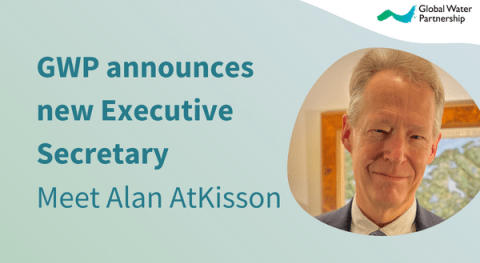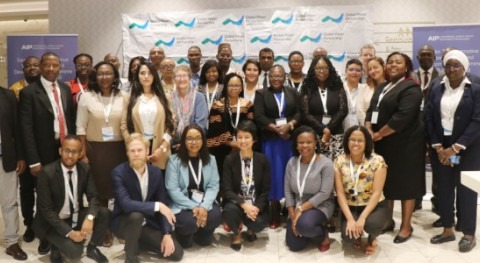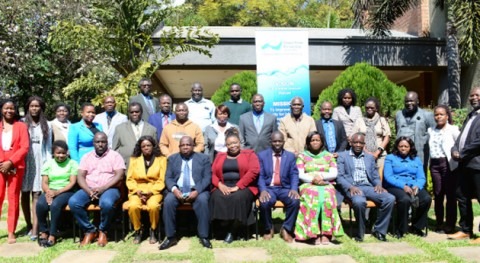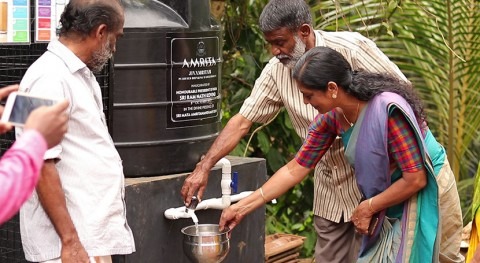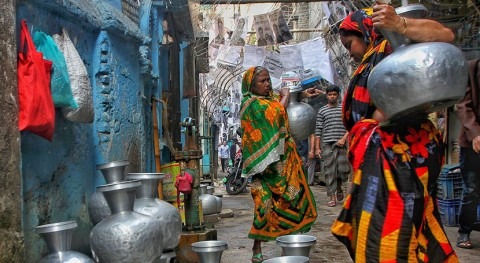GWP’s Executive Secretary, Monika Weber-Fahr, described its new strategy for 2020-2025 as one of urgency. “GWP is a network of over 3000 organisations and we have been able to move and shake things up quite a bit over the years. But we know that bureaucratic competition particularly between ministries and other hurdles derail progress toward SDG achievement,” she said.
“There are tough choices ahead, and we need everyone at the table to take them together. So we’re committed to working across sectors as the way to leverage global policy frameworks to motivate all stakeholders to improve processes that lead to systems change,” she said.
In addition, Weber-Fahr thanked the Dutch government for their recent agreement to commit EUR 9 million to support the implementation of the strategy.
The new GWP Strategy focuses on three main areas: 1) water solutions for the Sustainable Development Goals (SDGs), 2) climate-resilient development, and 3) transboundary water cooperation.
In separate comments, Weber-Fahr said that economic growth, population growth, and climate disaster are creating water crises – in many places there is “too much”, “too little” or “too dirty” water. “Poverty, pollution, conflicts, floods, droughts, migration – all this is water related – and often life threatening. So we need to manage water better and share it carefully. At the same time there are technological and economic changes that bring new and great opportunities: big data and new business models for flood management, new technologies for irrigation and for water management. These need to be developed, made available, and leveraged fast.”
The Strategy emphasises engagement with the private sector, ensuring that youth participate in decision-making, and taking a gender-inclusive approach to water secure development. This builds directly on GWP’s long-standing commitment to youth and gender, as outlined in the strategies for these, published in recent years.
The work to create the new GWP Strategy has been extensive, including input by all GWP regions – from asking network Partners for advice in the 2018 Network Meetingto getting endorsement of the completed strategy in the 2019 Network Meeting.



